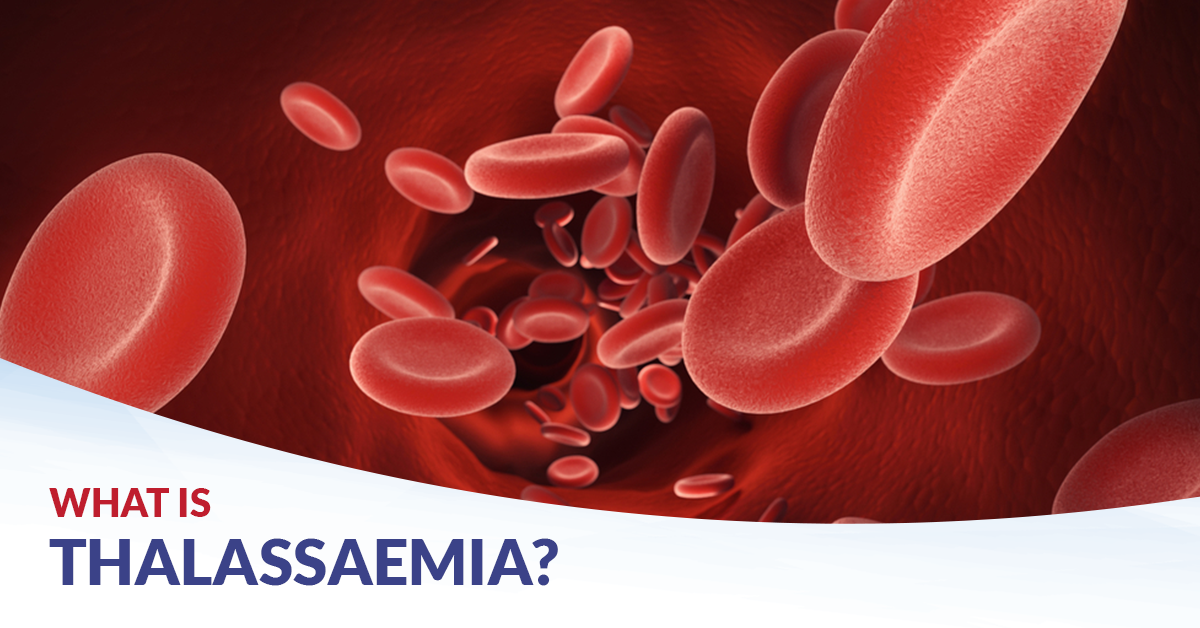
Causes
Types of Thalassemia
Symptoms
Treatment
FAQ
What Causes Thalassemia?
Thalassemia is caused by mutations in the genes responsible for hemoglobin production. These mutations disrupt the normal production of hemoglobin, resulting in a deficiency of healthy red blood cells.
What are the Different Types of Thalassemia?
There are two main types of thalassemia: alpha thalassemia and beta thalassemia. Alpha thalassemia occurs when there is a defect in the genes responsible for alpha-globin production, while beta thalassemia results from mutations in the beta-globin genes. Each type can vary in severity, ranging from mild to life-threatening.
What are the Symptoms of Thalassemia?
Symptoms of thalassemia can vary depending on the type and severity of the condition. Common symptoms include fatigue, weakness, pale or yellowish skin, shortness of breath, and enlarged spleen and liver. Severe forms of thalassemia may also cause facial bone deformities and delayed growth and development in children.
CONSULTATION HOURS
Monday to Friday : 4.30 pm to 10 pm
Saturday: 2 pm to 5 pm
info@drsrikanth.org.in
Phone Number
+91 72001 65148
+91 93447 46686


